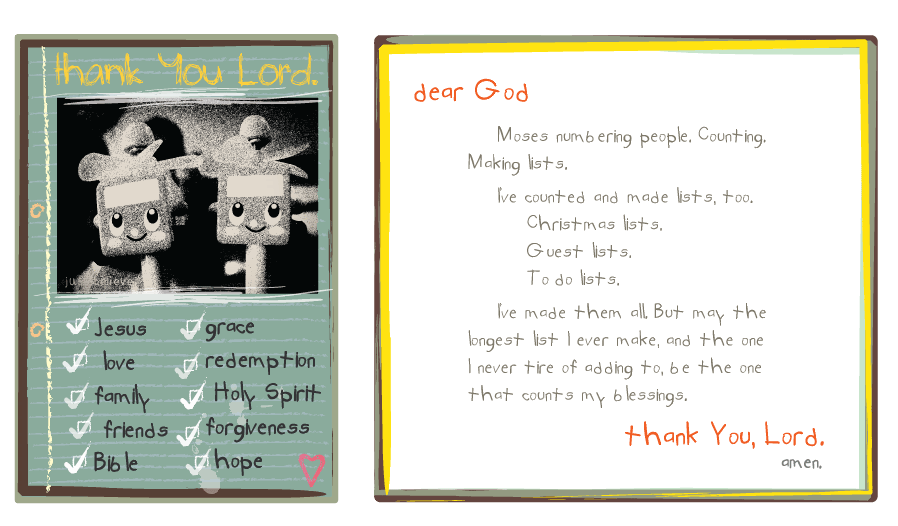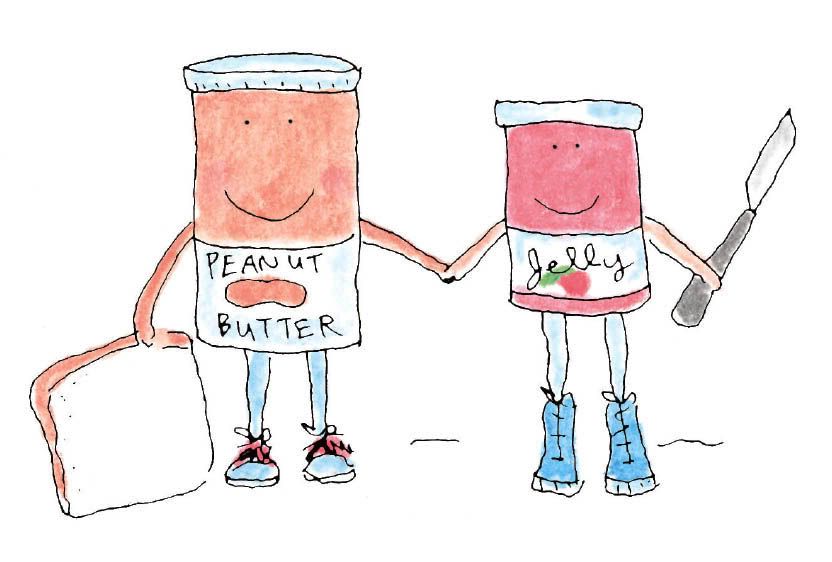Tuesday, March 9
understanding bereavement.
thank you for lending me your textbook.something interesting about understanding bereavement.
-----
from lifespan human development chapter 17
the parkes/bowlby attachment model of bereavement
1. numbness - in the first few hours or days after the death, the bereaved person is often in a daze - gripped by a sense of unreality and disbelief and almost empty of feelings. underneath this state of numbness and shock is a sense of being on the verge of bursting, and occasionally painful emotions break through. the bereaved person is struggling to defend himself against the full weight of the loss, the bad news has not fully registered.
2. yearning - as the numbing sense of shock and disbelief diminishes, the bereaved person experiences more agony. grief comes in pangs or waves that typically are most severe from 5 to 14 days after the death. the grieving person has feelings of panic, bouts of uncontrollable weeping and physical aches and pains, and preoccupied with thoughts of the loved one and of the events leading to the death. both anger and guilt are also common reactions during these early weeks and months of bereavement.
3. disorganization and despair - as time passes, grief and yearning become less frequent, although they still occur. as it sinks in that a reunion with the loved one is impossible, depression, despair and apathy increasingly predominate.
4. reorganization - eventually bereaved people begin to pull themselves together. they invest less emotional energy in their attachment to the deceased and more in their attachment to the living.
we are sympathetic toward the bereaved immediately after death - eager to help in any way we can - but we quickly grow weary of someone who is depressed, irritable, or preoccupied. we begin to think, sometimes after only a few days or weeks, that it is time for the bereaved person to cheer up and get on with life. we are wrong. to be of help to bereaved people, we must understand that their reactions of numbness and disbelief, yearning, and despair and their needs to engage in loss-oriented and restoration-oriented coping may linger a long time. indeed, two-thirds of a sample of adults whose spouses died in car accidents indicated that they had been unable to find any meaning in the death and many continued to experience symptoms of depression, hostility, and anxiety even 4 to 7 years after the death. even 20 years after their loss, widowed men and women report thinking about their spouses once every week or two.
adolescents grieve as much as adults do. however they are sometimes reluctant to express their grief for fear of seeming abnormal or losing control and may express their anguish instead through delinquent behavior. and given the importance of peers in this development period, it is not surprising that adolescents are often devastated when a close friend dies in a car accident, commits suicide, or succumbs to a deadly disease. in one study, 32% of teenagers who lost a friend to suicide experienced clinical depression during the month after the suicide. yet grief over the loss of a friend is often not taken as seriously as grief over the loss of a family member.
children's coping capacities are also tested when a parent, sibling, pet of other loved one dies. children grieve, they express their grief differently than adults do, they lack some of the coping resources that adults command and they are vulnerable to long-term negative effects of bereavement.
no loss is more difficult for an adult than the death of a child. even when there is forewarning, the loss of a child seems unexpected, untimely, and unfair. understandably, parents experience a raging anger and often feel that they failed as parent and protector. in one study, only 12% of parents whose adolescent or young adult child died, had found meaning in the death 1 year later and only 57% had found it 5 years later. grief is likely to be especially intense if the parents have no other children. grieving parents may have difficulty giving their surviving children the love and support they need to cope with their loss. children are deeply affected when a brother or sister dies, but their grief is often not fully appreciated. if siblings are isolated from their understandably upset parents or if their grief is not taken seriously, they may have an especially hard time recovering, whereas if their parents can remain warm and supportive, they are likely to fare better. many bereaved children and adolescents continue their relationship with their sibling after the death by, for example, "discussing" problems with the sibling and find it a comfort.
even if we escape the death of a child or spouse, the death of a parent is a normative life transition that most of us will experience. fortunately, most of us do not have to face this event until we are in middle age. we are typically less emotionally dependent on our parents by then, and most of us are heavily invested in our own families. moreover, we expect our parents will die someday and have prepared ourselves, at least to some degree. perhaps for all of these reasons, adjusting to the death of a parent is usually not as difficult as adjusting to the death of a romantic partner or a child. adult children may feel vulnerable and alone in this world when their parents no longer stand between them and death. guilt about not doing enough for the parent who died is also common.
------
help me to trust.

